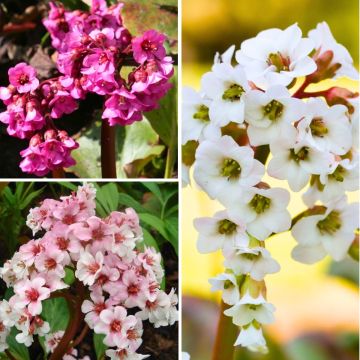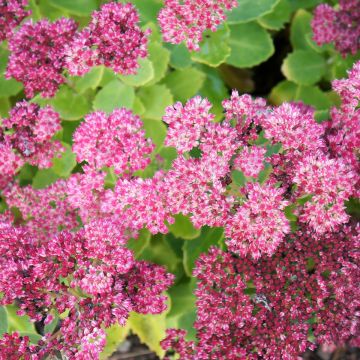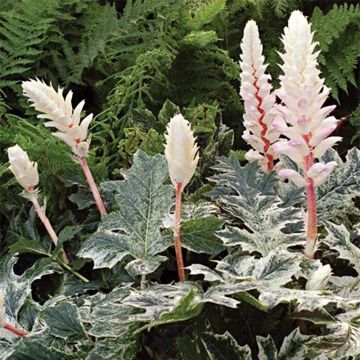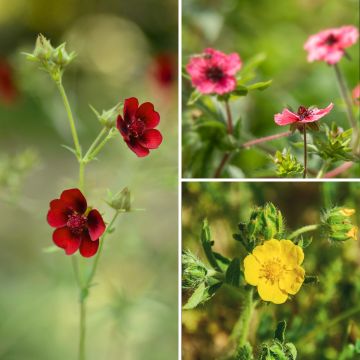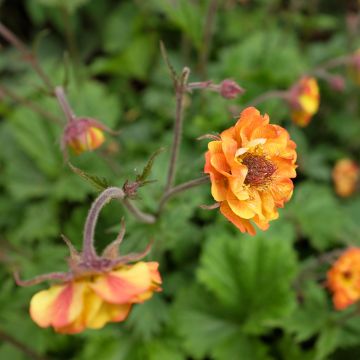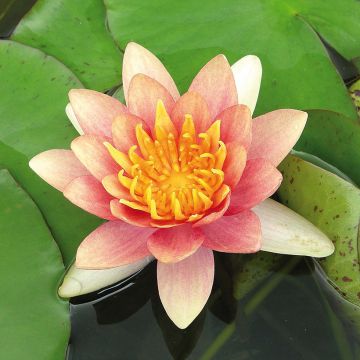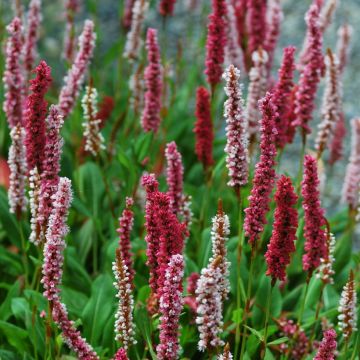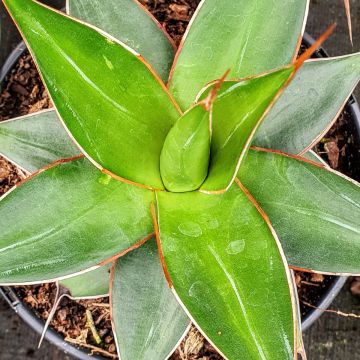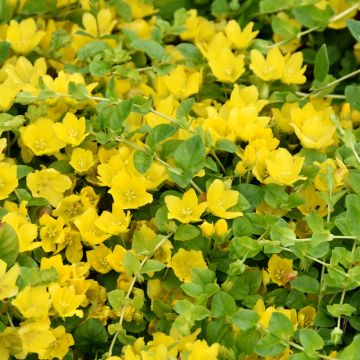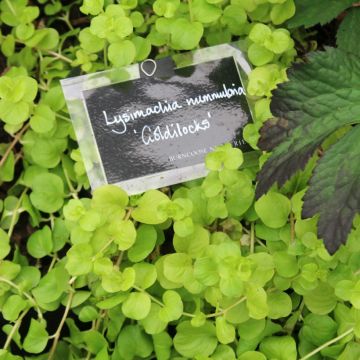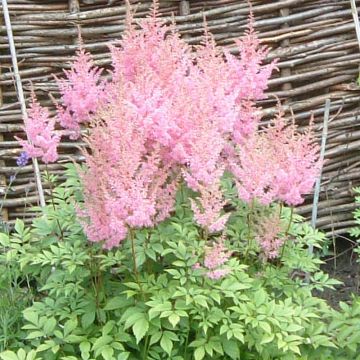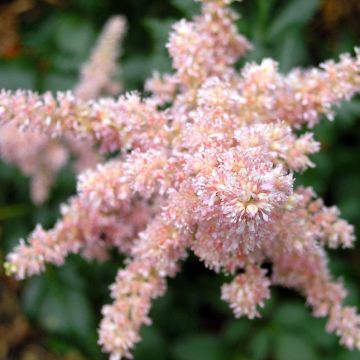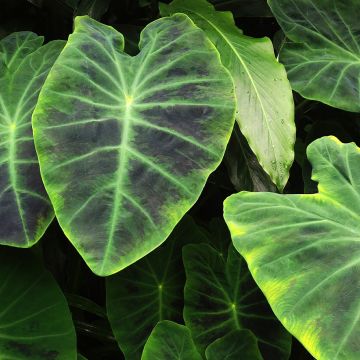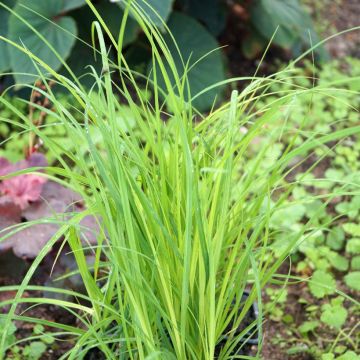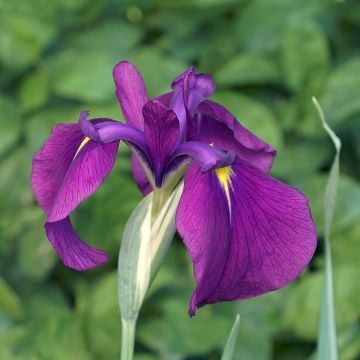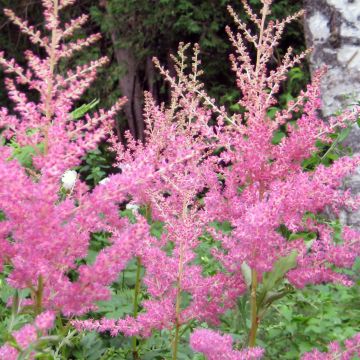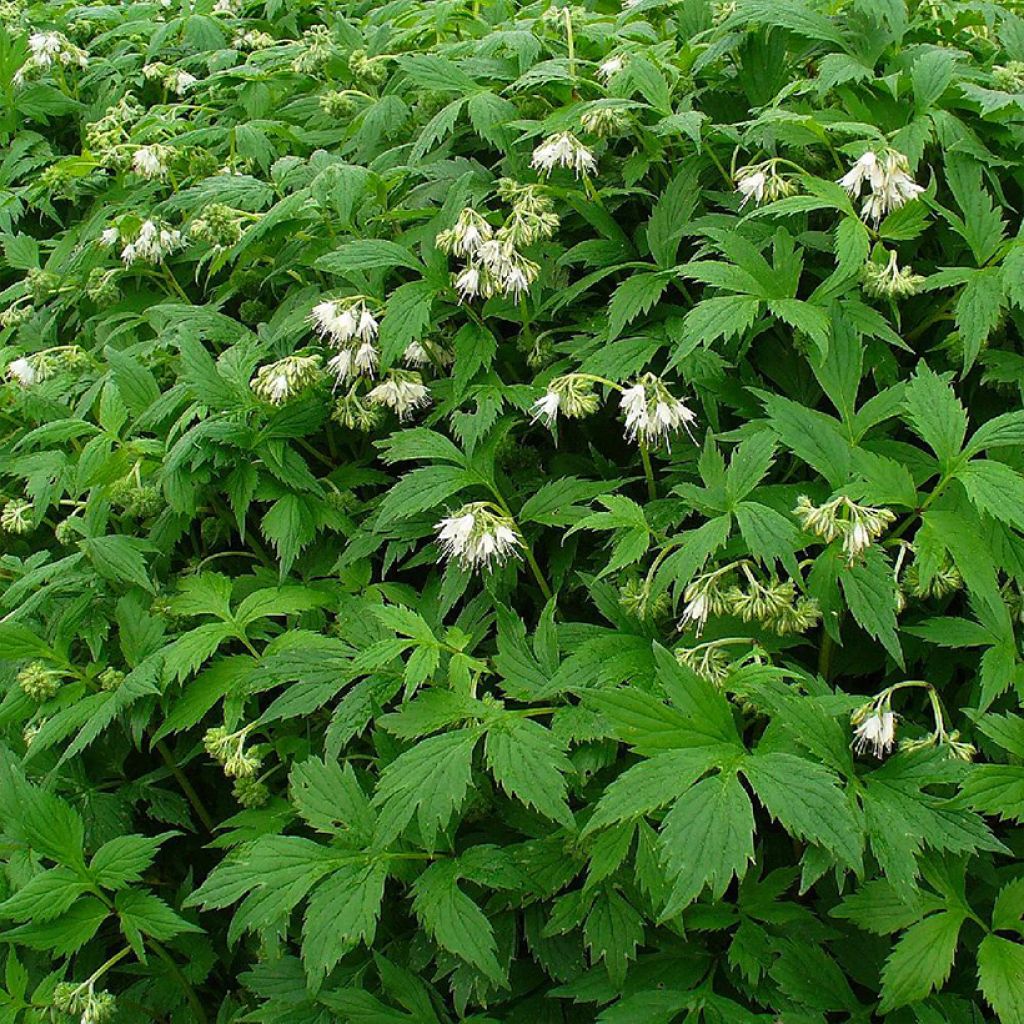

Hydrophyllum virginianum - Virginia Waterleaf
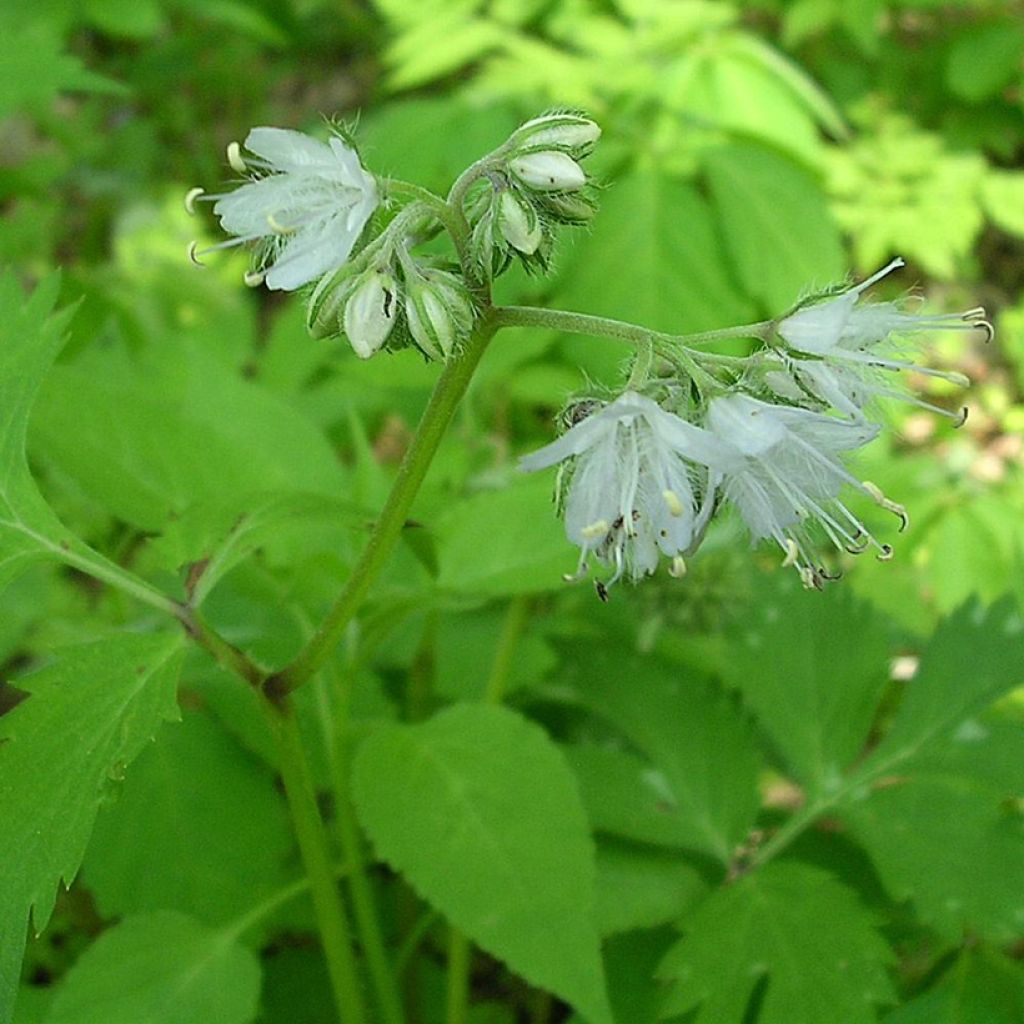

Hydrophyllum virginianum - Virginia Waterleaf
Hydrophyllum virginianum - Virginia Waterleaf
Hydrophyllum virginianum
Virginia Waterleaf, Eastern Waterleaf
Special offer!
Receive a €20 voucher for any order over €90 (excluding delivery costs, credit notes, and plastic-free options)!
1- Add your favorite plants to your cart.
2- Once you have reached €90, confirm your order (you can even choose the delivery date!).
3- As soon as your order is shipped, you will receive an email containing your voucher code, valid for 3 months (90 days).
Your voucher is unique and can only be used once, for any order with a minimum value of €20, excluding delivery costs.
Can be combined with other current offers, non-divisible and non-refundable.
Home or relay delivery (depending on size and destination)
Schedule delivery date,
and select date in basket
This plant carries a 12 months recovery warranty
More information
We guarantee the quality of our plants for a full growing cycle, and will replace at our expense any plant that fails to recover under normal climatic and planting conditions.
Would this plant suit my garden?
Set up your Plantfit profile →
Description
Hydrophyllum virginianum, or Virginia Waterleaf, is a creeping perennial that thrives in shady and moist areas. Native to North America, this wild plant features lovely finely cut green leaves and delicate clusters of flowers in shades of white washed with lavender mauve. Valued for its robustness and ease of cultivation, it is ideal for greening a woodland floor or shady borders, bringing a natural and wild touch.
Hydrophyllum virginianum belongs to the Hydrophyllaceae or Boraginaceae family depending on classifications. Originating from the damp forests and meadows of North America, it naturally grows in shaded areas, especially under trees and along stream banks. This deciduous perennial exhibits rapid growth, forming dense clumps reaching up to 60 cm in height. It does not produce stolons (creeping horizontal stems) to spread as some other understory plants do. However, this waterleaf can expand over time through self-seeding or gradual clump enlargement. Under ideal growing conditions – moist, organic-rich, shaded soil – it can slowly colonise an area by spreading horizontally but this spread remains moderate and controllable, making it easy to manage in landscaping. The deep green, lobed, and toothed leaves measure between 10 and 20 cm in length. They are often covered with fine hairs, giving them a slightly fuzzy appearance. The flowers, in terminal clusters, bloom between May and June. They are typically small, measuring about 1 to 2 cm in diameter, and range from pure white to lavender or slightly bluish hues. The flowering period can last several weeks, attracting numerous pollinators, especially bees. Hydrophyllum virginianum is hardy and can withstand temperatures as low as -20°C. It prefers moist, well-drained, organic-rich soil, but can also adapt to poorer soil conditions if moisture is sufficient. Although it prefers shade or partial shade, it can tolerate some sun exposure, especially if the soil remains moist.
Hydrophyllum virginianum is perfect for naturalistic gardens, woodlands, and shaded areas in the garden. It pairs beautifully with other shade-loving perennial plants such as ferns (e.g., Athyrium filix-femina), Fragrant Hostas, Heucheras with colourful foliage, and Tiarella cordifolia. Together, these plants create a lush, verdant setting under trees.
Report an error about the product description
Flowering
Foliage
Plant habit
Botanical data
Hydrophyllum
virginianum
Hydrophyllaceae (Boraginaceae)
Virginia Waterleaf, Eastern Waterleaf
North America
Other Perennials A to Z
View all →Planting and care
Hydrophyllum virginianum prefers growing conditions that replicate its natural woodland habitat. It thrives in moist, well-drained soil rich in organic matter (humus). A neutral to slightly acidic pH is ideal for this plant. It enjoys shaded to semi-shaded locations but can tolerate filtered light or partial sun exposure as long as the soil remains sufficiently moist. This plant can withstand temperatures as low as -20°C at the lowest. It is important to maintain consistent soil moisture, especially during dry periods, as it does not tolerate prolonged drought. Organic mulch can help retain moisture and keep the soil moist while providing additional nutrients. In terms of care, Virginia Waterleaf is a low-maintenance plant that requires minimal intervention once established. It can benefit from removing dead leaves at the end of winter to promote new growth in spring.
Planting period
Intended location
Care
This item has not been reviewed yet - be the first to leave a review about it.
Similar products
Haven't found what you were looking for?
Hardiness is the lowest winter temperature a plant can endure without suffering serious damage or even dying. However, hardiness is affected by location (a sheltered area, such as a patio), protection (winter cover) and soil type (hardiness is improved by well-drained soil).

Photo Sharing Terms & Conditions
In order to encourage gardeners to interact and share their experiences, Promesse de fleurs offers various media enabling content to be uploaded onto its Site - in particular via the ‘Photo sharing’ module.
The User agrees to refrain from:
- Posting any content that is illegal, prejudicial, insulting, racist, inciteful to hatred, revisionist, contrary to public decency, that infringes on privacy or on the privacy rights of third parties, in particular the publicity rights of persons and goods, intellectual property rights, or the right to privacy.
- Submitting content on behalf of a third party;
- Impersonate the identity of a third party and/or publish any personal information about a third party;
In general, the User undertakes to refrain from any unethical behaviour.
All Content (in particular text, comments, files, images, photos, videos, creative works, etc.), which may be subject to property or intellectual property rights, image or other private rights, shall remain the property of the User, subject to the limited rights granted by the terms of the licence granted by Promesse de fleurs as stated below. Users are at liberty to publish or not to publish such Content on the Site, notably via the ‘Photo Sharing’ facility, and accept that this Content shall be made public and freely accessible, notably on the Internet.
Users further acknowledge, undertake to have ,and guarantee that they hold all necessary rights and permissions to publish such material on the Site, in particular with regard to the legislation in force pertaining to any privacy, property, intellectual property, image, or contractual rights, or rights of any other nature. By publishing such Content on the Site, Users acknowledge accepting full liability as publishers of the Content within the meaning of the law, and grant Promesse de fleurs, free of charge, an inclusive, worldwide licence for the said Content for the entire duration of its publication, including all reproduction, representation, up/downloading, displaying, performing, transmission, and storage rights.
Users also grant permission for their name to be linked to the Content and accept that this link may not always be made available.
By engaging in posting material, Users consent to their Content becoming automatically accessible on the Internet, in particular on other sites and/or blogs and/or web pages of the Promesse de fleurs site, including in particular social pages and the Promesse de fleurs catalogue.
Users may secure the removal of entrusted content free of charge by issuing a simple request via our contact form.
The flowering period indicated on our website applies to countries and regions located in USDA zone 8 (France, the United Kingdom, Ireland, the Netherlands, etc.)
It will vary according to where you live:
- In zones 9 to 10 (Italy, Spain, Greece, etc.), flowering will occur about 2 to 4 weeks earlier.
- In zones 6 to 7 (Germany, Poland, Slovenia, and lower mountainous regions), flowering will be delayed by 2 to 3 weeks.
- In zone 5 (Central Europe, Scandinavia), blooming will be delayed by 3 to 5 weeks.
In temperate climates, pruning of spring-flowering shrubs (forsythia, spireas, etc.) should be done just after flowering.
Pruning of summer-flowering shrubs (Indian Lilac, Perovskia, etc.) can be done in winter or spring.
In cold regions as well as with frost-sensitive plants, avoid pruning too early when severe frosts may still occur.
The planting period indicated on our website applies to countries and regions located in USDA zone 8 (France, United Kingdom, Ireland, Netherlands).
It will vary according to where you live:
- In Mediterranean zones (Marseille, Madrid, Milan, etc.), autumn and winter are the best planting periods.
- In continental zones (Strasbourg, Munich, Vienna, etc.), delay planting by 2 to 3 weeks in spring and bring it forward by 2 to 4 weeks in autumn.
- In mountainous regions (the Alps, Pyrenees, Carpathians, etc.), it is best to plant in late spring (May-June) or late summer (August-September).
The harvesting period indicated on our website applies to countries and regions in USDA zone 8 (France, England, Ireland, the Netherlands).
In colder areas (Scandinavia, Poland, Austria...) fruit and vegetable harvests are likely to be delayed by 3-4 weeks.
In warmer areas (Italy, Spain, Greece, etc.), harvesting will probably take place earlier, depending on weather conditions.
The sowing periods indicated on our website apply to countries and regions within USDA Zone 8 (France, UK, Ireland, Netherlands).
In colder areas (Scandinavia, Poland, Austria...), delay any outdoor sowing by 3-4 weeks, or sow under glass.
In warmer climes (Italy, Spain, Greece, etc.), bring outdoor sowing forward by a few weeks.































